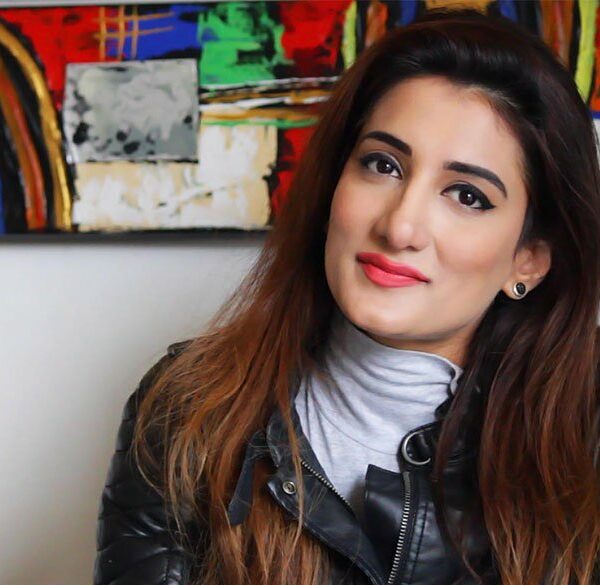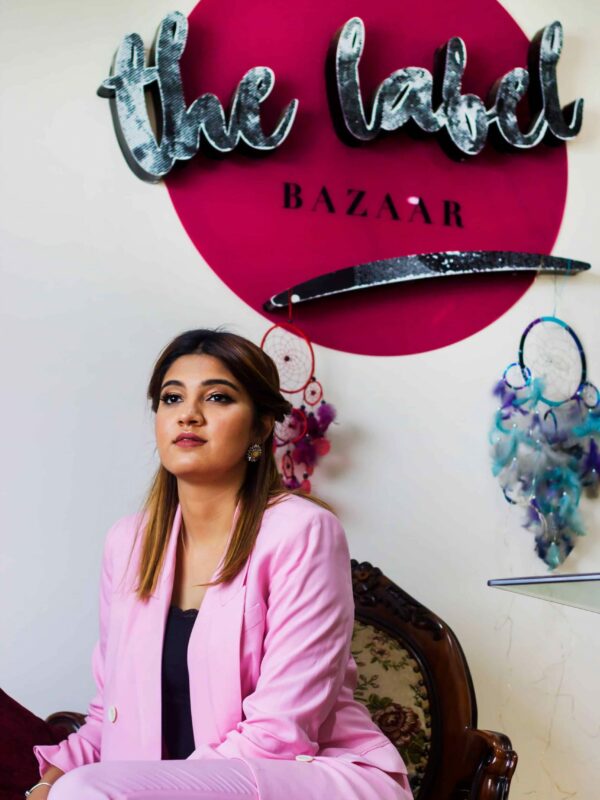“I was not myself during those days. I would snap over silly things, freak out and then think why was I so stupid?” recalls Jaiaya Verma, a 56 year old inspector general at the Railway Protection Force in Delhi.
What Jaiaya Verma was going through, was menopause. A usually calm, pleasant-natured woman achiever, who paid a heavy price during her menopausal phase.
Menopause is a stop over in a woman’s life journey. A price that she pays for motherhood. A phase where she gets rid of the worry related to the monthly cycles.
Physically menopause happens when a woman’s ovaries stop producing eggs and she is no longer able to conceive. Emotionally it’s a very difficult time for most of the women.
There are numerous factors that add on to the worries and woes that a woman undergoes during menopause. Hormonal changes cause insomnia, and anxiety is very common. Mental fog results in poor concentration and focus. Mostly women go through menopause when their husbands would be retiring, elder parents would need her support, grown up children would be having their own challenges. In addition to that, she would be in a responsible position in her career.

“Hot flushes are the worst and they hit me anytime”, says Chandra, 54. Professor and Head of Psychiatry National Institute of Mental Health and Neurosciences, Bengaluru.
Menopause has three stages: Premenopause, perimenopause and Postmenopause. During this entire time women go through physical and mental changes. When there is a decline in hormone production by ovaries owing to ageing of oocytes; the transition is marked by variations in follicle stimulating hormone and oestradiol levels which impacts tissues from brain to skin.
Also known as climacteric, menopause typically occurs between 45-55 years of age and is a normal biological process.

In cases where women’s ovaries stop functioning at 40; it is known as a premature ovarian failure.
An early onset of menopause could be owing to smoking, extremes of body mass index, diabetes.
Usually, the symptoms are:
Dry itchy skin
Anxiety
Poor Memory
Loss of Interest in Sexual activity
Night sweats
Interrupted sleep pattern
Loss of energy
Last Year, about 20% married women who have filed for divorces in the Delhi NCR region have done so during their menopause.
Management of self during menopause is very crucial. It is not a disease that requires treatment, however the emotional, mental and physical effects of it can get significantly disruptive if ignored.
Medicines like isoflavones, phytoestrogens, acupunctures and herbal dietary supplements show benefits.
Vaginal moisturizers, and low dose estrogen creams can help tackle vaginal atrophy.
Drinking plenty of fluids, light clothing and avoiding spicy food can help alleviate hot flushes.
Counselling and support groups help deal with the challenges of the transition.
It is a phase where women need to consistently observe their behavioral and physical changes and take steps accordingly. Hormone Replacement Therapy (HRT) is considered to be a boon for women who have a difficult time during this phase.
“If taken between the ages of 50 to 60 years hormone therapy has an added benefit of reducing the risk of fractures, colon cancer besides having the advantage of a better quality life.” States Dr Duru Shah, Head Education Committee of International Menopause Society. However if one doesn’t have troublesome symptoms an HRT is not required.
It is very important for women to learn the art of growing old gracefully. That is the key to lead a healthy and enjoyable life even after menopause.












